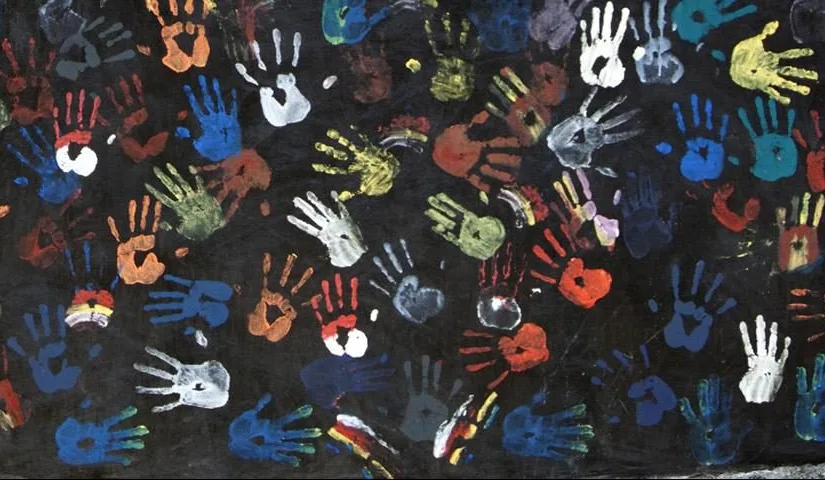In our increasingly interconnected world, we are often told that nations act according to their own interests. Governments and politicians promote the idea of national identity and sovereignty, suggesting that they are acting on behalf of their citizens and promoting their well-being. But is this really the case?
When we look at the global system of capitalism, we see that the interests of capital is just supersede those of nation-states and governments. The governments who in public opinion supposed to take care of thier benefits, however, is just a bureaucratic machin of those who have the capital. Capital is a global force that operates according to its own logic, which is driven by the pursuit of profit. While governments may claim to promote national interests and identity, the interests of capital often cross borders and undermine these concerns.
Karl Marx, the father of Scientific communism, recognized this global dynamic of capitalism over 150 years ago when he called on workers of the world to unite. He saw the working class as a revolutionary force that had the potential to challenge the power of capital and create a more just and equitable society. Marx understood that the interests of capital transcended national boundaries and that workers around the world shared a common struggle against exploitation and oppression.
Today, this call to unite across borders remains as relevant as ever. Capitalism continues to expand and extract resources and labor from around the world. The drive for profit creates both economic interdependence and inequality between nations and regions. The pursuit of capital often creates competition and conflict between nation-states and capitalists, but it can also create common interests and alliances that cross borders and undermine national identity and sovereignty.
For example, the recent trade agreement between China and Iran demonstrates the power of capital to shape international relations. While governments may claim to be acting in the interest of their citizens, the reality is that economic interests take precedence. China’s support for Iran, in fact, it is the support of the ruling class that brutally exploits the working class. It has a weak and ineffective management and the regional tensions it has created have added to the suffering and misery of the people of the region. This illustrates how the interests of capital can undermine concerns for justice and democracy.
Similarly, Western states that claim to support democracy and human rights often act in ways that prioritize stakeholders interests over the needs of the working class all over the world. There are many claims. But today we see how the reduction of public services, reduction of wages, increase of working hours, increase of retirement age and dozens of other issues are continuously increasing.
Governments like China, France, and the United States use and exploit corrupt politicians and investors to advance their own interests in other countries. In some cases, governments may provide financial or political support to corrupt politicians in order to secure access to natural resources, favorable trade deals, or other economic advantages. In other cases, corrupt investors may operate in countries with weak governance systems and take advantage of the lack of regulation to extract resources or engage in other exploitative practices.
This kind of behavior have significant negative impacts on the working class and broader populations in these countries. Corruption undermine democratic institutions and erode public trust in government, leading to increased poverty and inequality.
The global power of capital challenges the notion of national interest and sovereignty. The pursuit of profit often creates alliances and interests among a small group of people that cross borders and undermine of a unified benefits for a majority of the people. Instead, we need to recognize the shared struggles of the working class around the world and build solidarity across borders.
Unfortunately today, many interpretations of Marx are reduced to the issue of the state/nations. When we look at the case of Iran, not only the situation of the working class, their struggle for freedom and equality has no place in the political and class discourse, but the confrontation between the two forces of global capitalism is more important than anything else.
Marx saw the working class as a revolutionary force that had the potential to overthrow capitalist systems and establish a more just and equitable society. He believed that this force needed to recognize their shared interests and overcome the divisions that had been created by nationalism, racism, and other forms of social hierarchy. By doing so, he argued, they could create a new world order based on collective ownership and democratic decision-making.
Today, Marx’s call for workers of the world to unite continues to inspire movements for social justice and worker empowerment around the world. While the specifics of Marx’s analysis and proposals may be subject to debate, his critique of the ways in which capitalist systems and nation-states prioritize the interests of capital over the interests of the working class remains relevant today.














What you think?